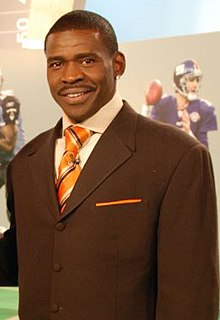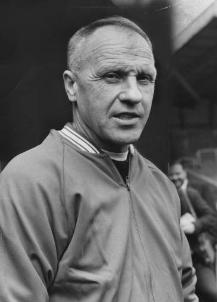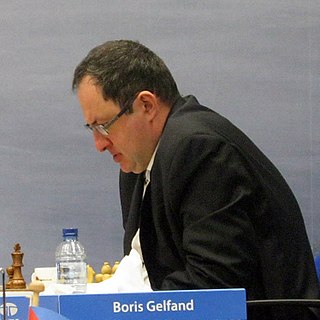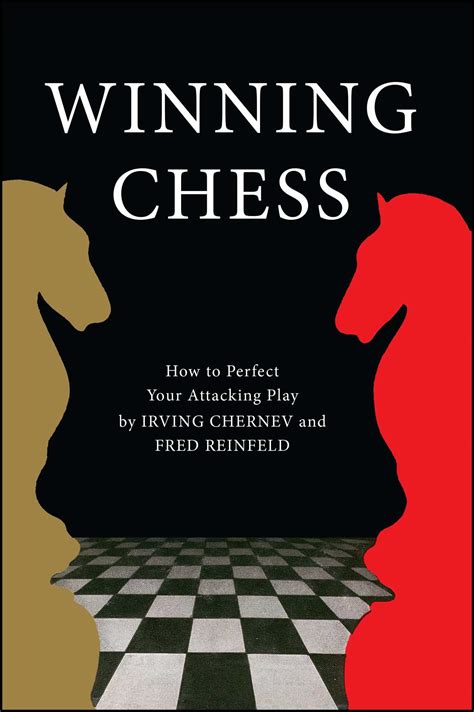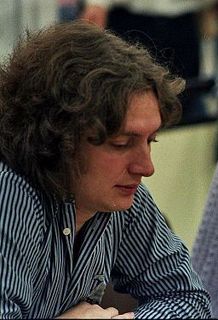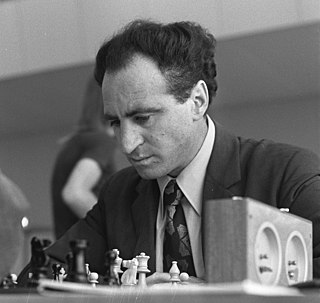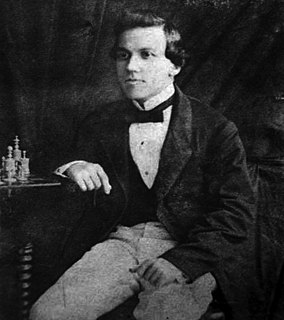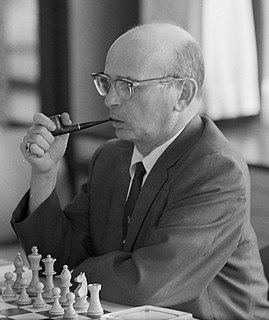A Quote by Mikhail Botvinnik
Yes, I have played a blitz game once. It was on a train, in 1929.
Related Quotes
Once leprosy had gone, and the figure of the leper was no more than a distant memory, these structures still remained. The game of exclusion would be played again, often in these same places, in an oddly similar fashion two or three centuries later. The role of the leper was to be played by the poor and by the vagrant, by prisoners and by the 'alienated', and the sort of salvation at stake for both parties in this game of exclusion is the matter of this study.
The stock market crashed in October 1929. But that was not the cause of what caused the Great Depression. It was, in my opinion, a very minor element of it. What happened was that from 1929 to 1933 you had a major contraction which, in my opinion, was caused primarily by the failure of the Federal Reserve System, to follow the course of action for which it was set up. It was set up to prevent exactly what happened from 1929 to 1933. But instead of preventing it, they facilitated it.

